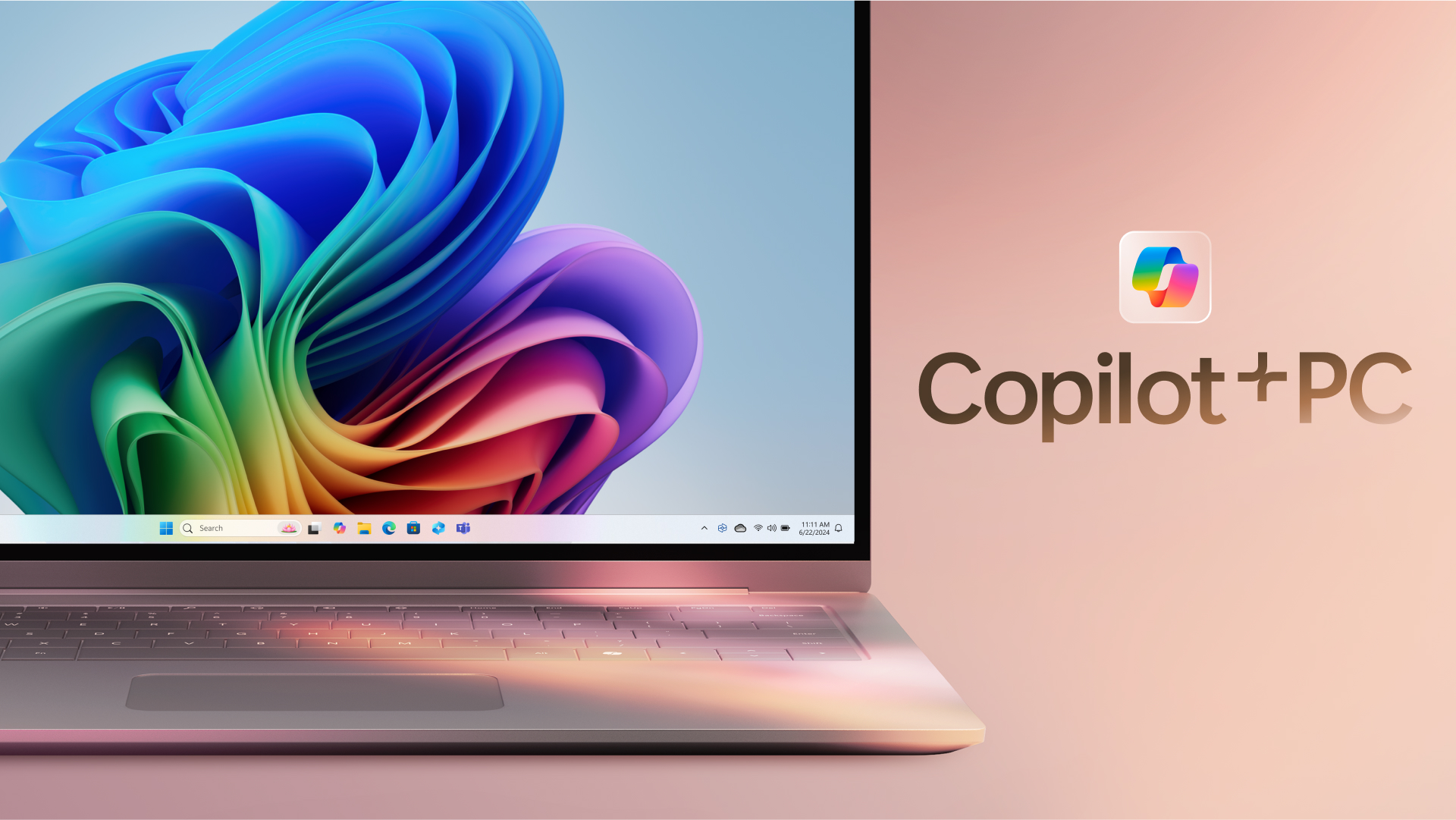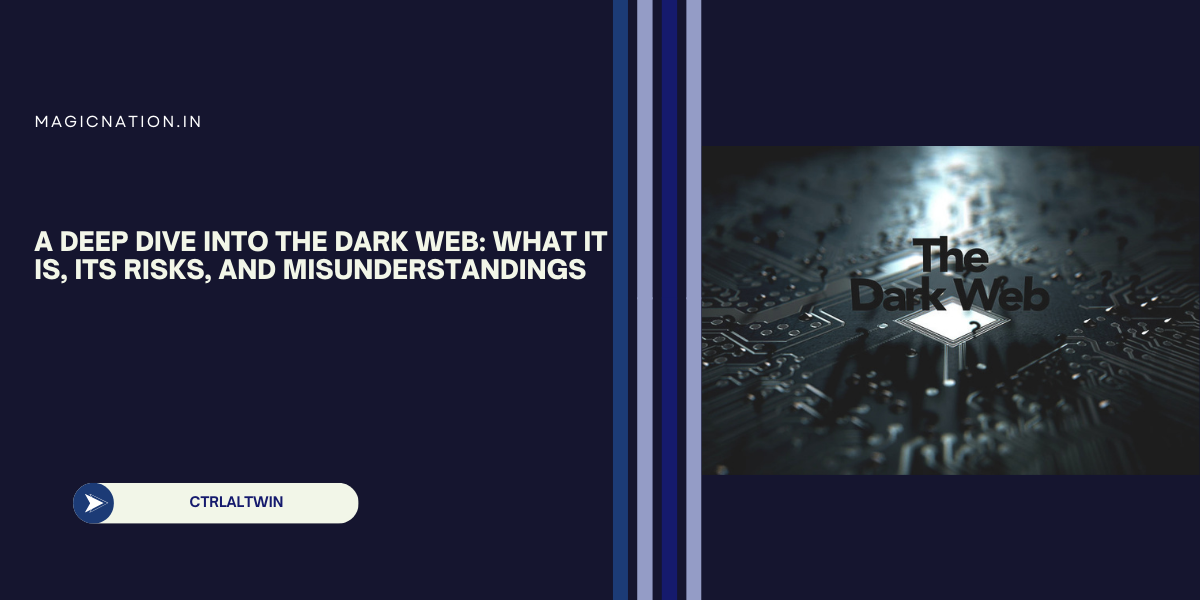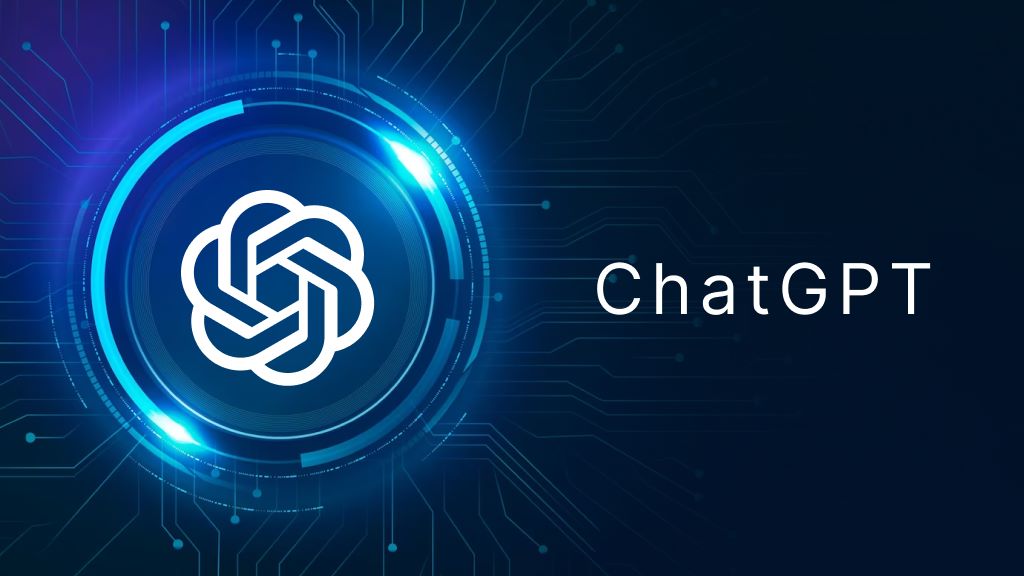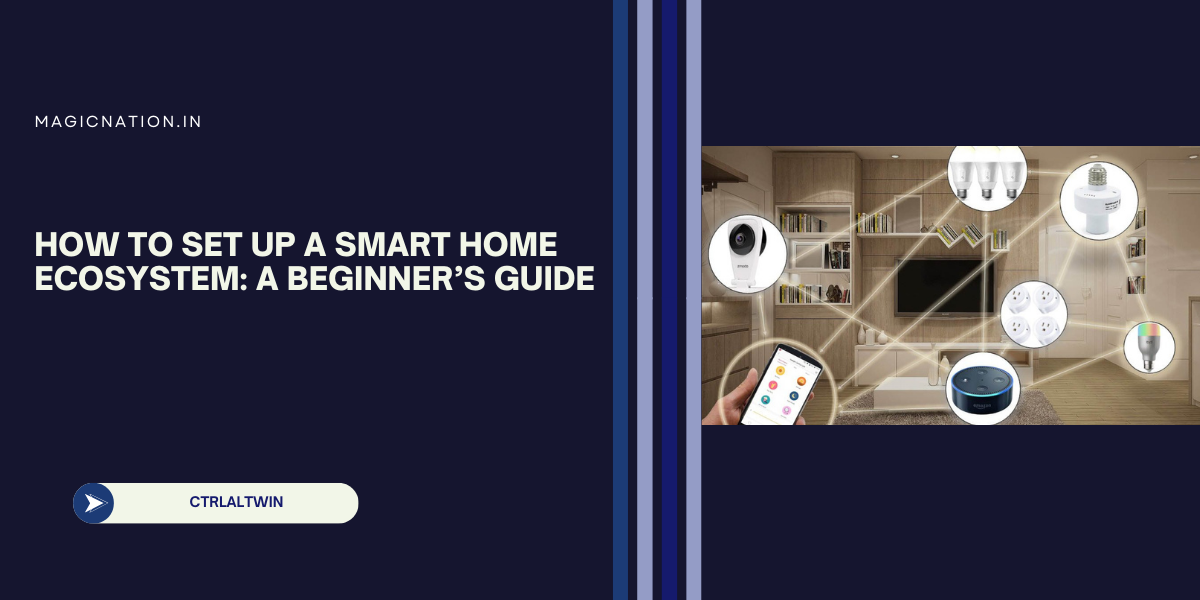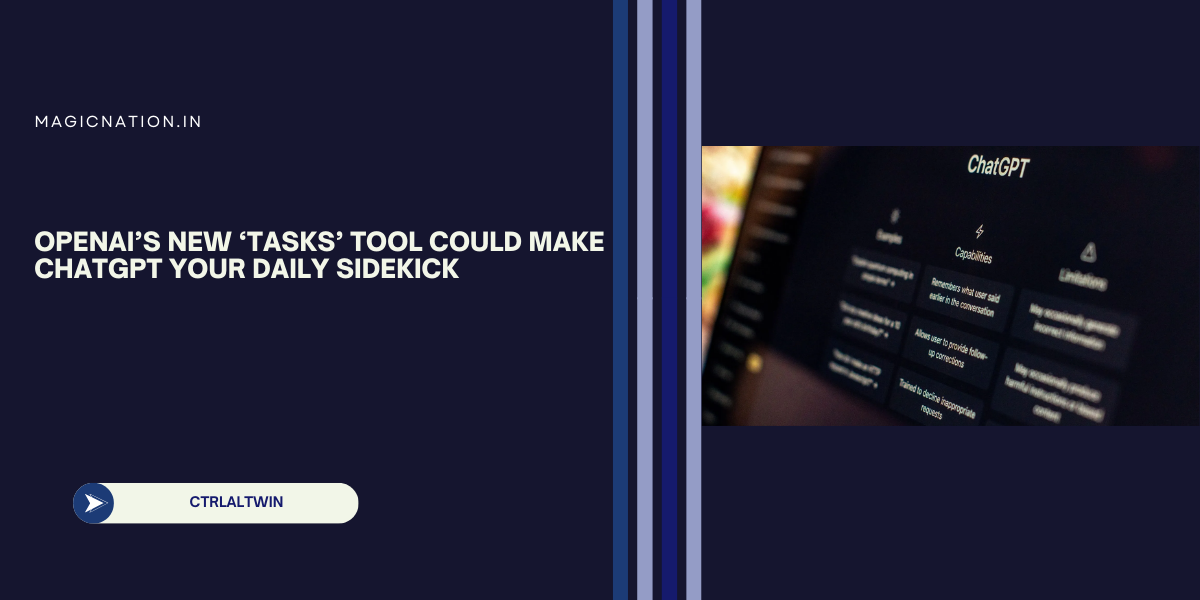
One of the key takeaways from the AMA was that OpenAI does not plan to release GPT-5 this year. Altman addressed the speculation around the next flagship model’s release, stating, “We have some very good releases coming later this year! Nothing that we are going to call GPT-5, though.” His comment confirmed that while GPT-5 or its equivalent may not be on the 2024 roadmap, users can still anticipate exciting new developments within the current year. Industry experts and reports expect GPT-5 to launch sometime in 2025, as OpenAI continues refining its current models and rolling out significant updates.No GPT-5 in 2024, But Promising Releases Planned
In response to questions about the new SearchGPT feature, Altman shared his thoughts on the added value of the ChatGPT Search function, which he sees as a “faster and easier way” to retrieve relevant information. Altman noted the feature’s potential to streamline complex research tasks, hinting at future advancements that might enable search queries to dynamically render custom web pages. These developments reflect OpenAI’s commitment to enhancing search functionality, making it a more integrated and efficient tool for users.Expanding ChatGPT's Web Search Capabilities

OpenAI's CPO Kevin Weil addressed questions on the company’s “o” series AI models, such as GPT-4o and o1-preview. He confirmed that these models would become an integral part of OpenAI’s lineup and are expected to remain relevant even beyond the future release of GPT-5. The "o" series represents OpenAI’s ongoing efforts to refine and diversify its model offerings, making it accessible and adaptable for various user needs.Updates on OpenAI's “o” Series Models and ChatGPT’s Voice Mode
Weil also discussed enhancements in ChatGPT’s Advanced Voice Mode, noting that OpenAI is considering adding a singing capability to the AI’s voice features. This update comes as OpenAI continues to refine ChatGPT’s audio abilities to make interactions more engaging and versatile. A Reddit user suggested a hands-free way to end a voice conversation, which Weil enthusiastically embraced, saying, “I love this idea. Sharing with the team now!”
An important topic brought up in the AMA was the issue of AI hallucinations, where AI models sometimes generate inaccurate or misleading information. OpenAI’s SVP of Research, Mark Chen, explained that reducing hallucinations remains a challenging goal, as models learn from human-written text, which can contain errors that the AI subsequently internalizes.Tackling AI Hallucinations: An Ongoing Challenge
Chen emphasized OpenAI’s progress in training models to cite trusted sources, which can help ground their responses and reduce inaccuracies. Reinforcement learning (RL) also plays a role, enabling OpenAI to “reward” models for providing accurate answers when their accuracy can be verified programmatically.
Weil also addressed questions about OpenAI’s anticipated “Sora” project, acknowledging a delay caused by extended efforts to enhance safety, address impersonation risks, and scale computational requirements. He stopped short of providing a specific launch date, keeping Sora’s debut timeline open-ended while OpenAI continues to prioritize these essential improvements.Delayed Release of OpenAI’s “Sora” Project
Summary: OpenAI's Focus on Responsible and User-Driven AI Innovation
The AMA session highlighted OpenAI’s dedication to continuous model improvement, addressing user feedback, and focusing on responsible AI development. From refining the “o” series models and enhancing ChatGPT's voice features to tackling hallucinations and exploring hands-free commands, OpenAI is responding directly to user requests and technical challenges.
As AI technologies advance, OpenAI is taking incremental yet meaningful steps to make these models safer, more versatile, and user-friendly, with several promising releases anticipated before the end of 2024. Although GPT-5 is not expected this year, the AMA underscored OpenAI’s commitment to meeting both present and future AI needs, setting high expectations for what's to come.

